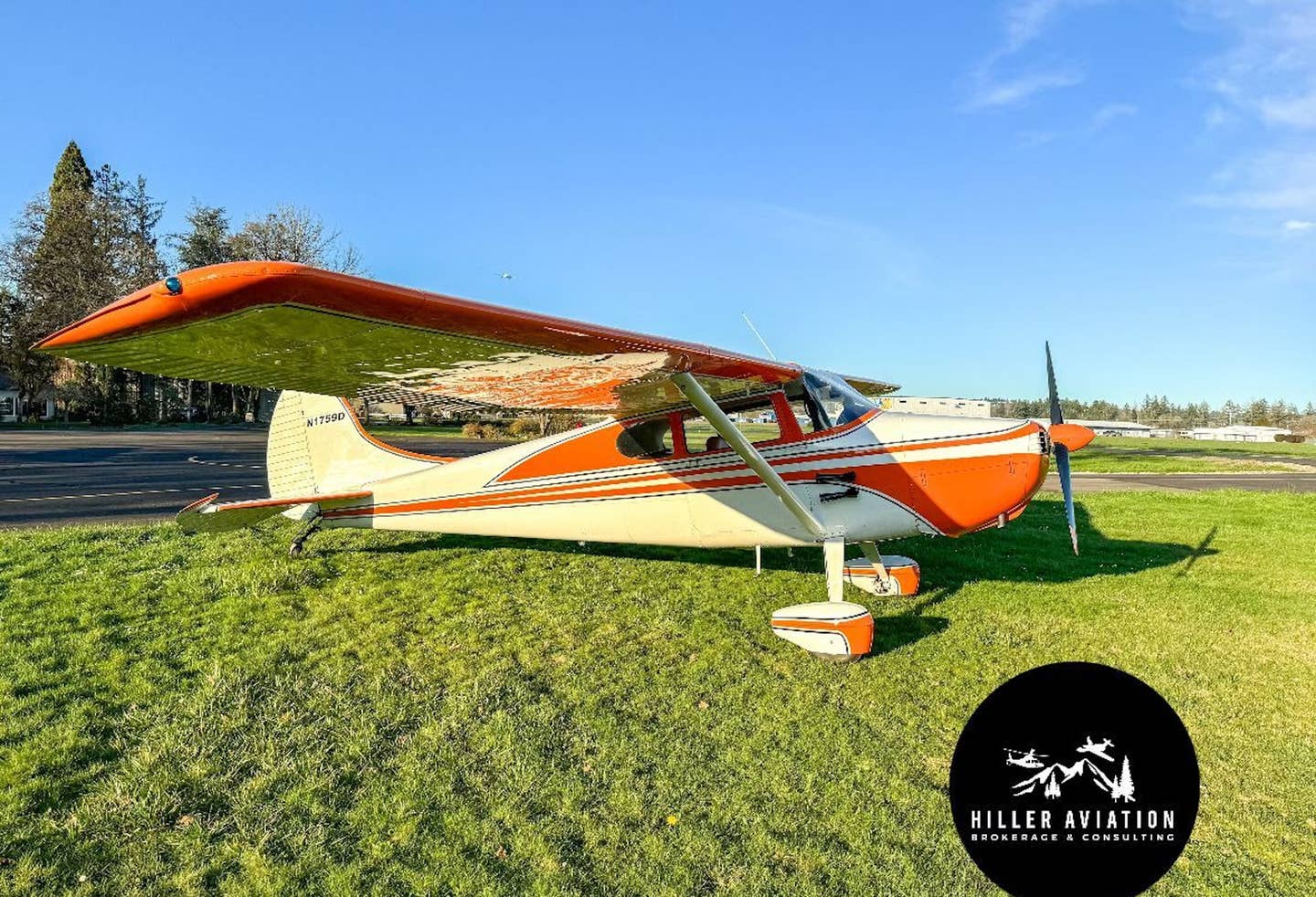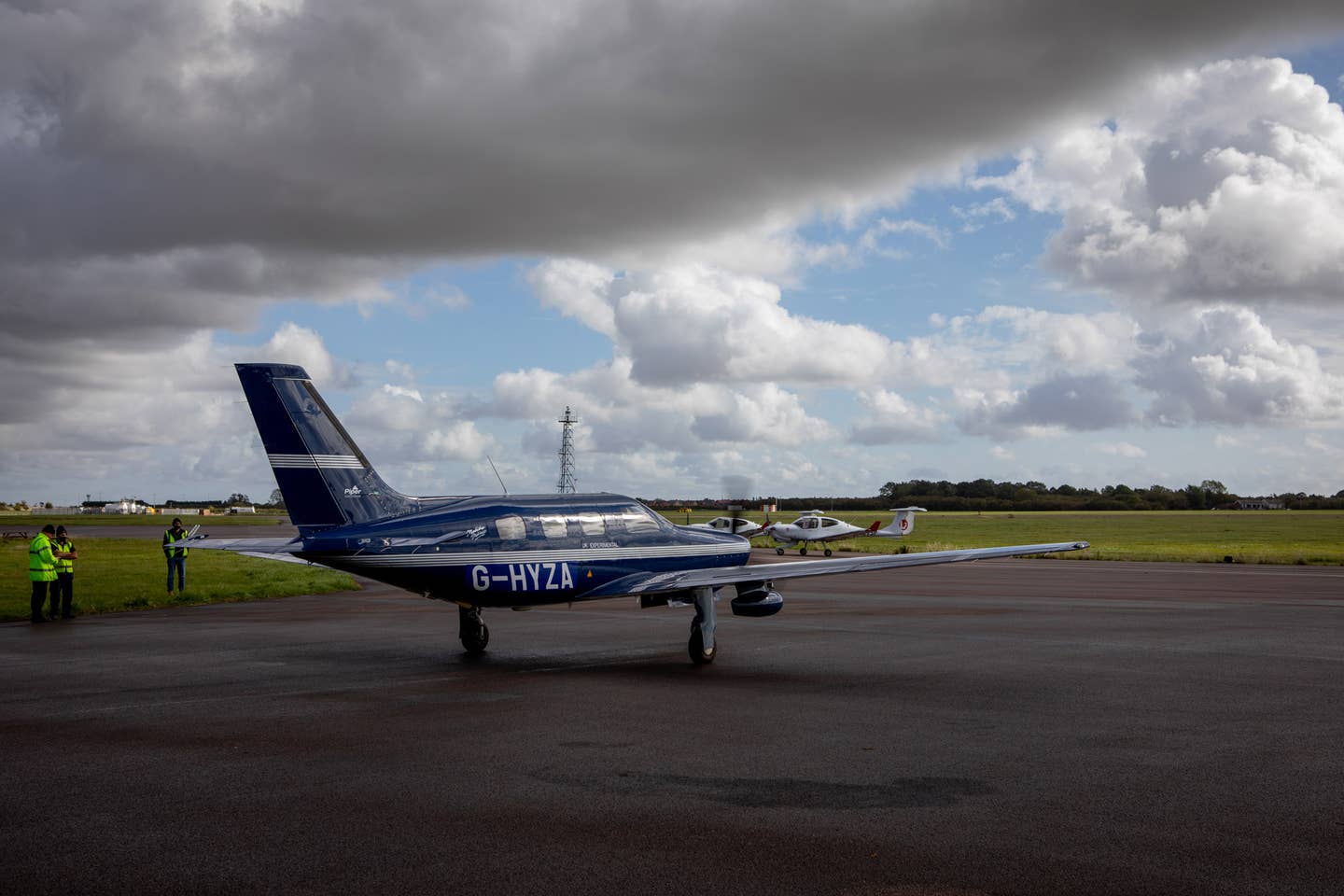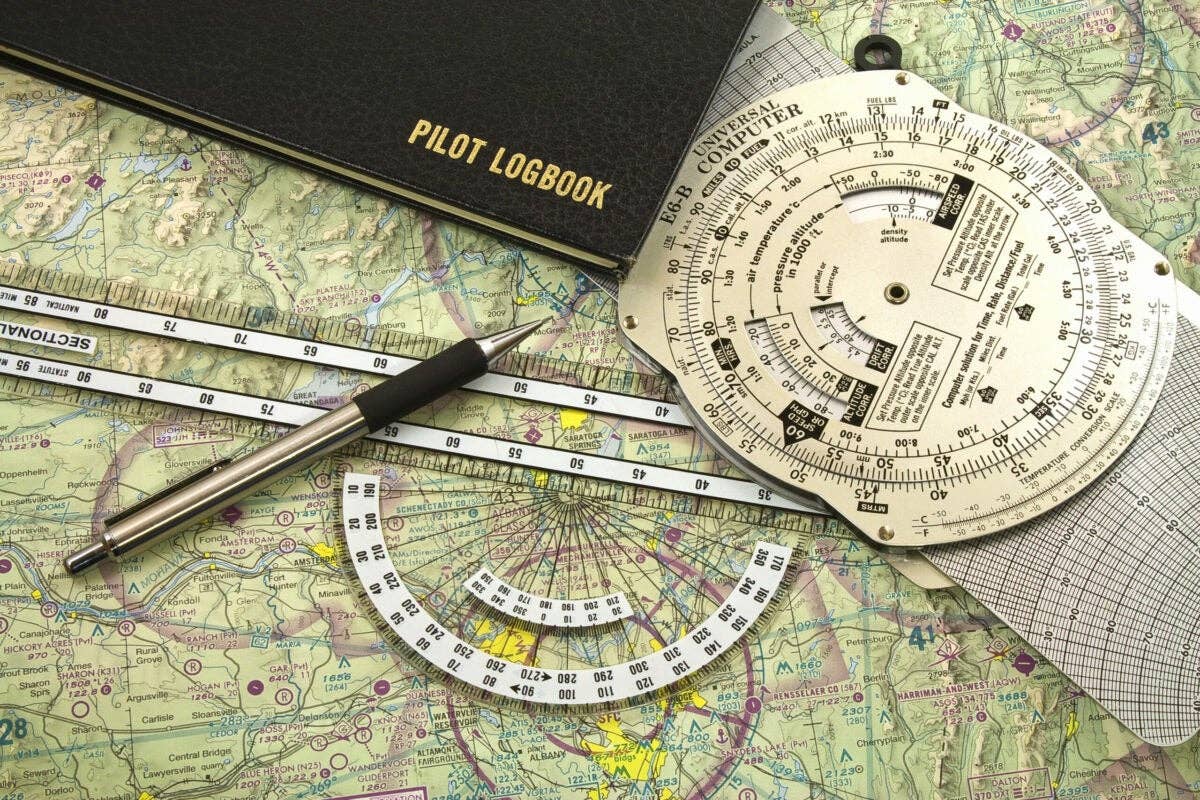
Private pilots missed nearly half the questions about weather in a recent survey by Embry-Riddle Aeronautical University. NOAA
Embry-Riddle Aeronautical University recently asked pilots in a number of certificate categories how well they understand weather information presented to them in written and graphical form. The NTSB in 2014 labeled identifying and communicating elements of hazardous weather as one of its Top 10 safety priorities, calling weather, "a frequent cause or contributing factor to general aviation accidents …" The AOPA's recent Nall Report says weather related accidents are, "the most consistently lethal," with attempts to fly VFR in IFR weather the majority cause of fatal weather related accidents studied.
ERAU began testing pilot knowledge directly through a 95-question weather exam administered on the Daytona Beach campus and also at Sun ‘n Fun. Two hundred four randomly selected pilots were separated into four different groups, student pilots, private pilots without an instrument rating, private pilots with an instrument rating and finally commercial pilots who held an instrument rating. The study did not consider the experience levels of the pilots chosen.
The differences in the results between pilot categories of pilots was almost more interesting than the raw scores. The commercial pilots scored the highest answering 65 percent of the questions accurately, followed by instrument-rated private pilots at 62 percent. Private pilots without an instrument rating answered 57 percent of the questions accurately, while students fared the worst with just 48 percent of the correct answers. The spread between the accuracy of commercial pilot answers to those of private pilots differed by just 3 to 8 percent. In the nearly 100 question test then, non-instrument private pilots missed nearly half of the weather questions asked.
All test questions were designed to push pilots beyond whatever facts they had memorized, so “they had to think and answer using the same thought processes as if they were performing a pre-flight check,” said Robert Thomas, a co-author of the study. Thomas is a Gold Seal certified instructor and an assistant professor of aeronautical science at Embry-Riddle.
A sample test question might have asked a pilot to decode and analyze, “CB DSNT N MOV N.” Decoded, the text means, “cumulonimbus clouds are distant to the north and moving away from the airport.” The correct answer also demanded a pilot understand that the “DSNT” remark indicates the weather is at least 10 miles away. In another question, the survey might ask pilots to determine where the highest-altitude clouds would most likely be found on an infrared satellite image.
Embry-Riddle’s Elizabeth Blickensderfer, a professor in the Department of Human Factors and Behavioral Neurobiology co-authored the study with five other people. While readers might ask how these pilots were taught about weather, she emphasized her research should not be interpreted solely as a symptom of faulty pilot training. “I don’t want to blame the pilots for deficiencies in understanding weather information,” she said. “We have got to improve how weather information is displayed so that pilots can easily and quickly interpret it. At the same time, of course, we can fine-tune pilot assessments to promote learning and inform training.”
Thomas A. Guinn, an associate professor of meteorology at Embry-Riddle and a co-author on the study, noted that it’s also critical for pilots to assess big-picture weather issues before takeoff. “If you’re flying at 120 miles per hour and you don’t understand there’s a lag time in ground-based radar [NEXRAD] data reaching your cockpit,” Guinn noted, “that can be deadly.”
The research, supported by $491,000 in funding from the FAA, could help guide pilot training and assessments, an important point since pilots can actually pass the FAA’s existing knowledge exam today even if they fail the entire weather portion.
The findings were contained in a scholarly article, "Assessing General Aviation Pilots' Understanding of Aviation Weather Products," published in the April 2018 edition of the International Journal of Aerospace Psychology.

Sign-up for newsletters & special offers!
Get the latest FLYING stories & special offers delivered directly to your inbox






